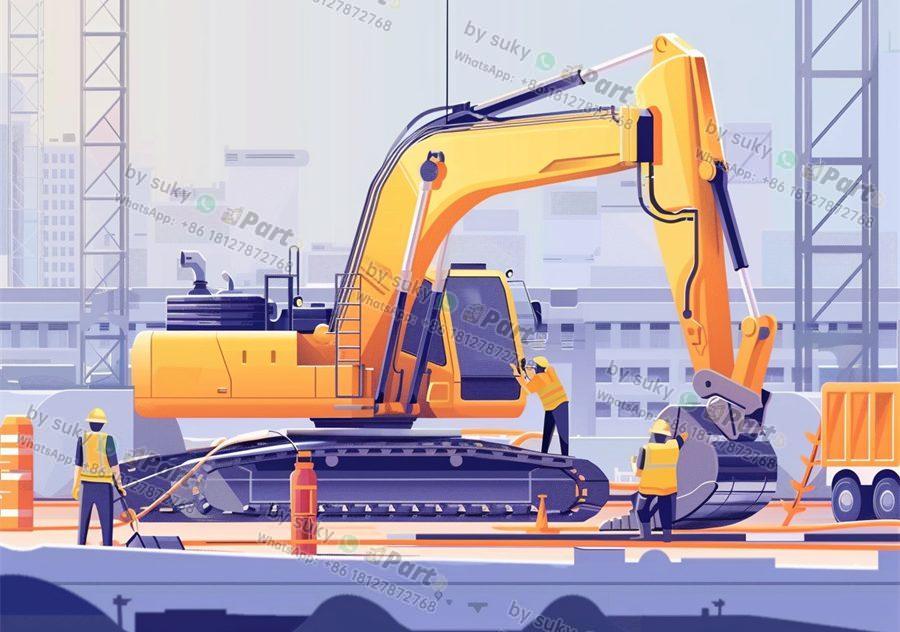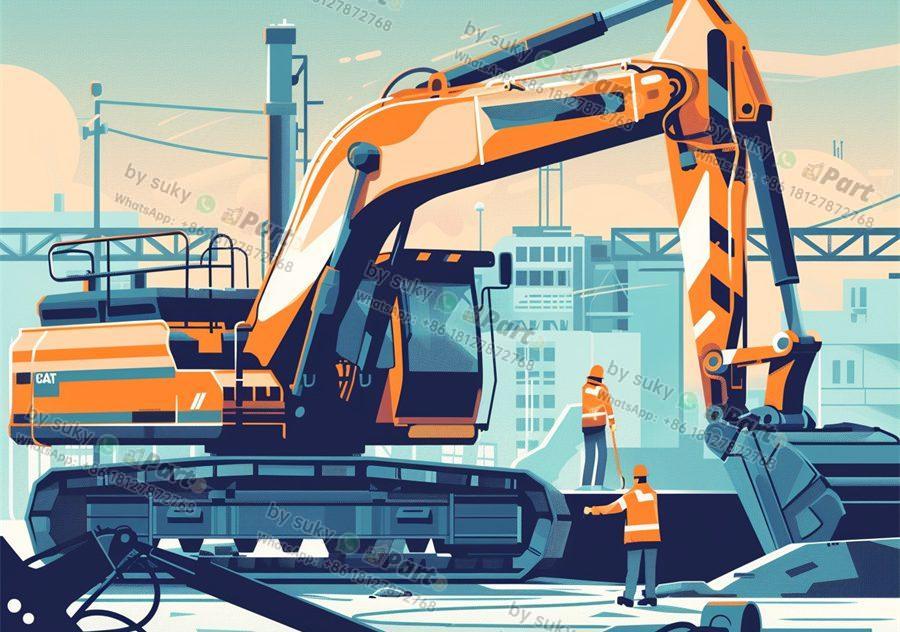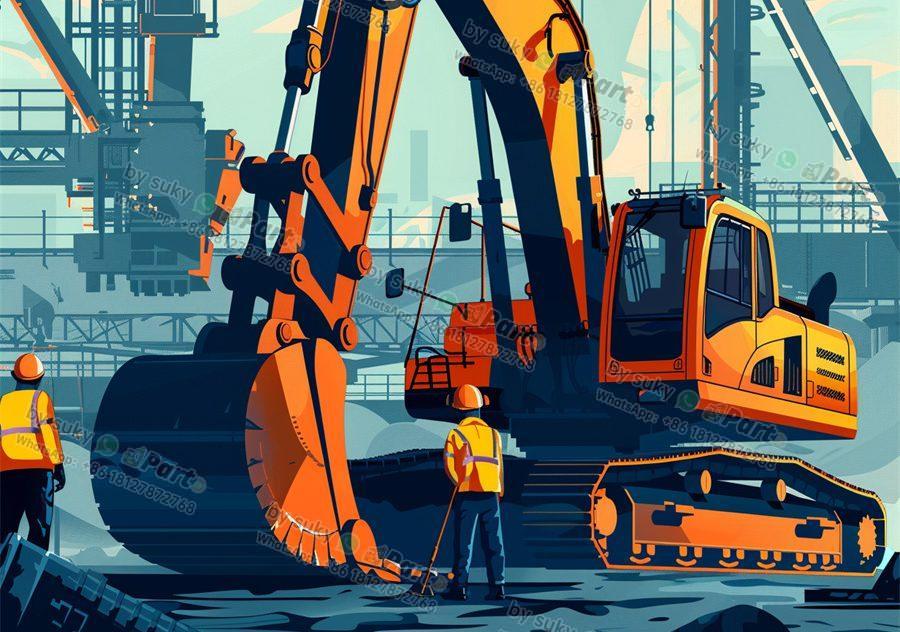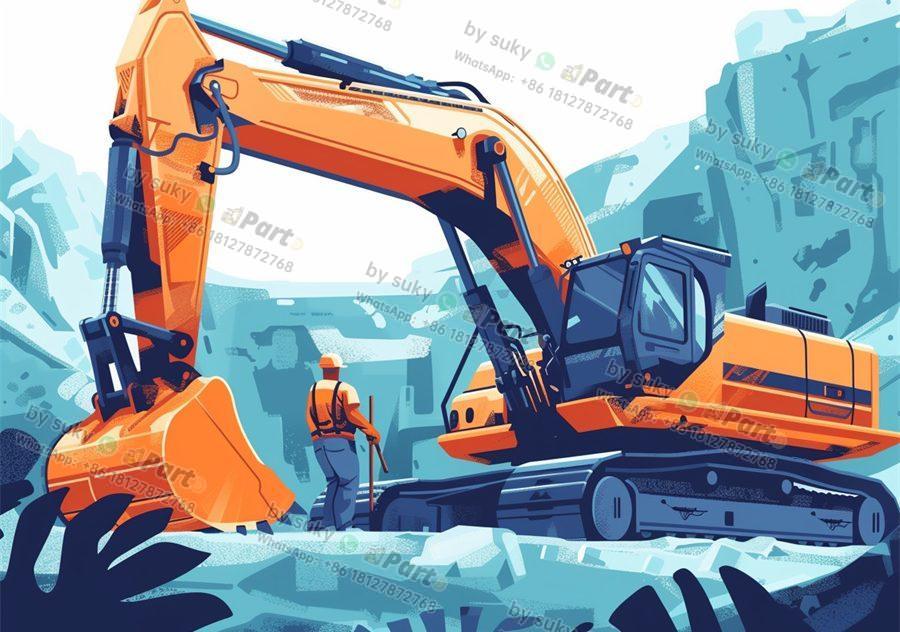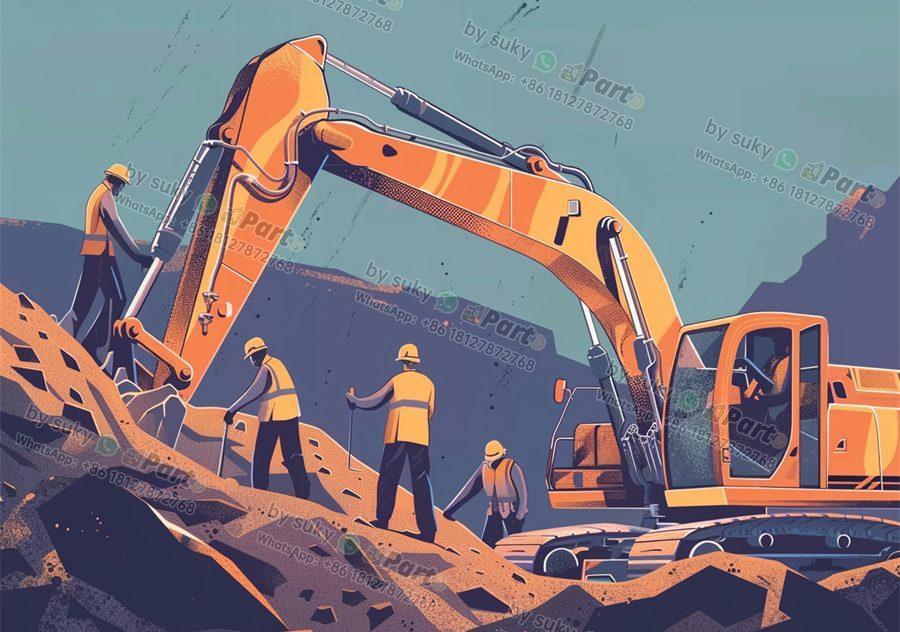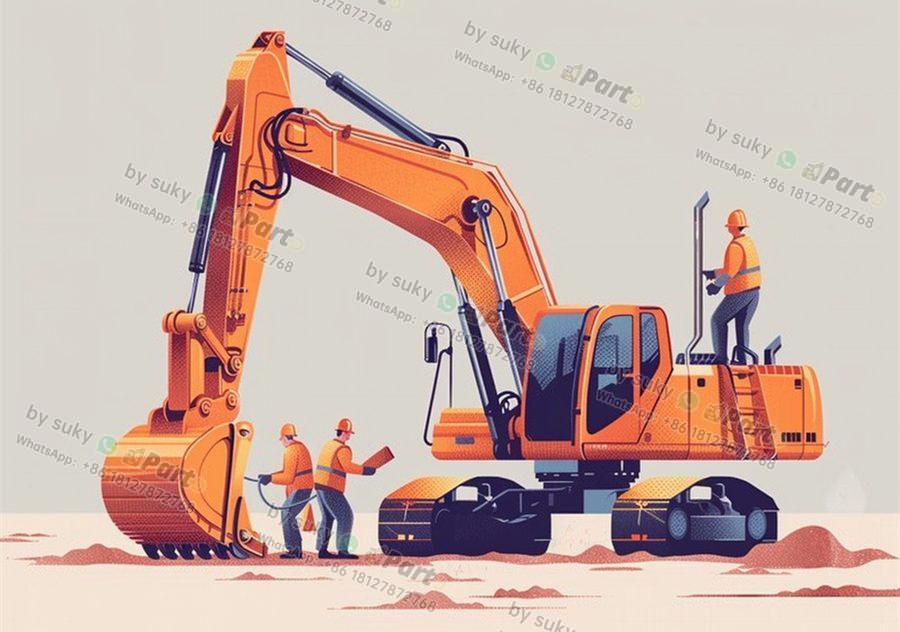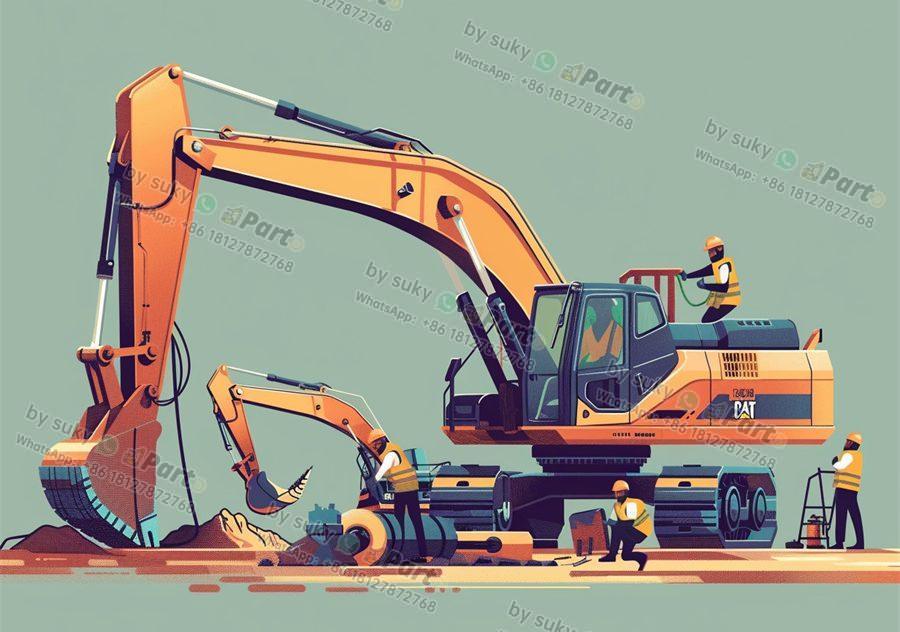China Excavator Bucket Parts Suppliers
When it comes to sourcing high-quality excavator bucket parts, China is a hub for suppliers that offer top-of-the-line products at competitive prices. Whether you are an importer or a distributor of construction machinery parts, working with Chinese suppliers can help you meet the demands of your customers while ensuring cost-effectiveness.
Reliability and Quality Assurance
One of the key advantages of sourcing excavator bucket parts from China is the reliability and quality assurance that suppliers offer. Many Chinese manufacturers adhere to strict quality control measures, ensuring that the parts they produce meet industry standards and specifications. By working with reputable suppliers, you can rest assured that you are getting durable and reliable parts for your construction machinery.
Cost-Effectiveness and Competitive Pricing
Another major benefit of working with China-based excavator bucket parts suppliers is the cost-effectiveness and competitive pricing that they offer. Due to lower labor and manufacturing costs in China, suppliers can provide high-quality parts at a fraction of the price compared to suppliers in other countries. This cost advantage can translate into significant savings for your business, allowing you to remain competitive in the market.
Wide Range of Product Options
Chinese suppliers of excavator bucket parts often offer a wide range of product options to meet the diverse needs of customers. Whether you are looking for standard bucket teeth, adapters, cutting edges, or custom-designed parts, you can find a supplier in China that can cater to your specific requirements. The variety of products available from Chinese suppliers gives you the flexibility to choose the best parts for your construction machinery.
Timely Delivery and Excellent Customer Service
In addition to quality products and competitive pricing, Chinese excavator bucket parts suppliers are known for their timely delivery and excellent customer service. Most suppliers have efficient logistics and shipping systems in place to ensure that your orders are delivered on time, allowing you to meet project deadlines and customer demands. Furthermore, many suppliers have a dedicated customer service team that can assist you with any inquiries or concerns, making the sourcing process smooth and hassle-free.
In conclusion, sourcing excavator bucket parts from China can provide you with a range of benefits, including reliability, cost-effectiveness, product variety, timely delivery, and excellent customer service. By partnering with reputable suppliers in China, you can enhance the efficiency and profitability of your construction machinery business while meeting the needs of your customers with high-quality parts. If you are looking for a reliable source of excavator bucket parts, consider working with suppliers in China to leverage their expertise and resources in the industry.

